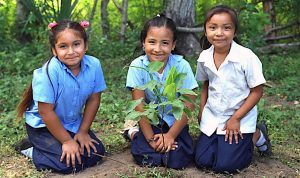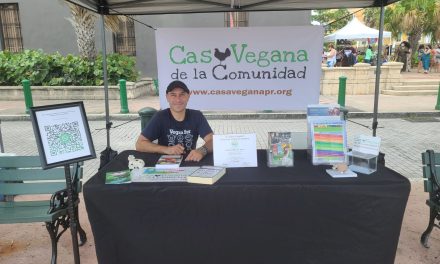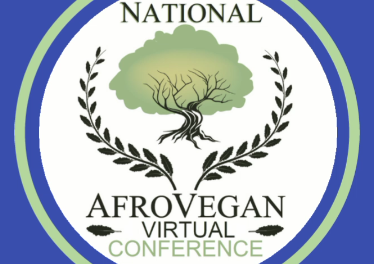 The United Nations (UN) has urged that by 2050, the world will need to produce 50% more food without using any more land, while at the same time reducing agriculture’s greenhouse gas emissions by two-thirds. Animal farming currently uses a whopping 80% of all agricultural land, while providing a mere 18% of global calories. UN experts have also estimated that we could feed an additional 3.5 billion people simply by growing crops for human consumption on land currently used to grow feed for livestock. In fact, a global shift to plant-based food production could reduce global farmland use by up to 75%, drastically decreasing deforestation and habitat loss, and cutting global greenhouse gas emissions by half. Accordingly, a shift to plant-based food aid plays an important role in climate mitigation and food security goals. Yet very few hunger relief charities have adapted their aid model in response. Charities like Heifer International, OxFam, World Vision, and many others continue to promote “send a cow” and “give a goat”- style campaigns, sending live animals as “gifts” even in drought-stricken regions where climate change is making animal farming increasingly unviable (and causing untold suffering to the animals themselves).
The United Nations (UN) has urged that by 2050, the world will need to produce 50% more food without using any more land, while at the same time reducing agriculture’s greenhouse gas emissions by two-thirds. Animal farming currently uses a whopping 80% of all agricultural land, while providing a mere 18% of global calories. UN experts have also estimated that we could feed an additional 3.5 billion people simply by growing crops for human consumption on land currently used to grow feed for livestock. In fact, a global shift to plant-based food production could reduce global farmland use by up to 75%, drastically decreasing deforestation and habitat loss, and cutting global greenhouse gas emissions by half. Accordingly, a shift to plant-based food aid plays an important role in climate mitigation and food security goals. Yet very few hunger relief charities have adapted their aid model in response. Charities like Heifer International, OxFam, World Vision, and many others continue to promote “send a cow” and “give a goat”- style campaigns, sending live animals as “gifts” even in drought-stricken regions where climate change is making animal farming increasingly unviable (and causing untold suffering to the animals themselves).
By contrast, A Well-Fed World’s Plants-4- Hunger program was created as a compassionate, climate-friendly alternative to these so-called “animal gifting” campaigns. Plants-4- Hunger sponsors plant-based feeding, farming, and disaster relief projects around the world that feed more people using far less land, water, and energy. Working with local partners in each region, Plants-4-Hunger funds plant-based food relief in the form of free school meal programs in developing countries; food tree and food forest plantings; school and community vegetable gardens; bean seed distribution; plant-based food pantries, community fridges and meal shares; disaster relief food aid; and soy processing equipment to empower women’s microbusinesses in rural villages.
School Meals: Plants-4-Hunger supports free school lunch programs for children in need in communities experiencing poverty and hunger. For some children, these lunches are their only full meal of the day, providing crucial nutrition as well as improved learning outcomes due to better focus.
Food trees uniquely address the triple crises of global hunger, climate change, and biodiversity loss by providing food and income, carbon sequestration, and wildlife habitat. The food tree fund has supported reforestation with native food trees in deforested villages of the Amazon rainforest; school food forest projects in more than 35 schools across Kenya; and food tree and food forest plantings in Haiti, Peru, El Salvador, and India.
Pictured: Food Tree partner Fruit Tree Planting Foundation, El Salvador.
To donate to Plants 4 Hunger: https://awellfedworld.org/gifts/
This post is excerpted from an article in the Fall 2024 edition of American Vegan magazine (subscribe here).




